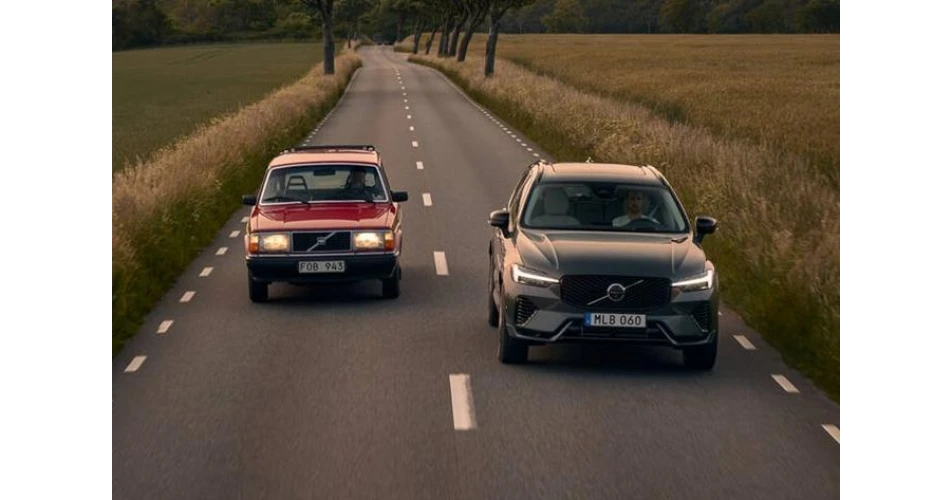Mention Volvo to people of a certain age and the boxy 240 is the car that will come to mind, especially the iconic estate version. Between 1974 and 1993 some 2.8 million examples were produced worldwide. However, reflecting Volvo’s move from global niche player to mainstream it has now been overtaken by XC60 which only made its debut seven years ago.
The current generation XC60 introduced plug-in hybrid drivetrains to a broader audience and it was the best-selling plug-in hybrid in Europe last year. The model has also sold well on a global basis and is also manufactured in China.
“Growing up in Sweden in the 1980s, the Volvo 240 was the iconic family car – you could spot one in almost every driveway,” says Susanne Hägglund, head of Global Offer at Volvo Cars. “Today the XC60 has taken over that position in two ways. Not only as the family favourite, but also becoming our all-time top-seller, which in itself is the ultimate proof point of a successful car. And now, with the latest updates, it gets even better.”
For many years, the Volvo 240 estate was the most popular choice for families all over the world, loved for its safety qualities and driving characteristics. Volvo says that many who grew up with the Volvo 240 are now choosing the XC60 for their own families.
When the Volvo 240 was introduced in 1974, it set safety benchmarks that would remain relevant for decades. For its time, it featured an advanced body design with front and rear crumple zones, along with a reinforced passenger compartment. This kind of safety cage continues to protect Volvo occupants on the road today.
The 240 was also among the first cars to incorporate enhanced side-impact protection, which later evolved into Volvo's patented Side-Impact Protection System (SIPS).
The Volvo XC60 has continued to introduce numerous advanced safety technologies, such as City Safety – the world’s first standard low-speed automatic emergency braking system designed to help avoid or mitigate a collision at speeds up to 30 km/h. Launched in 2008, this feature has since become commonplace on new cars around the world.
